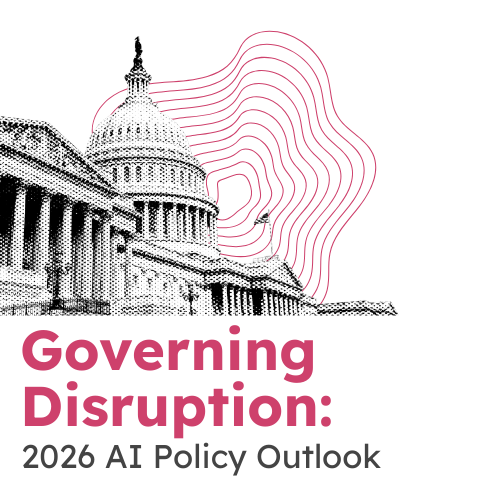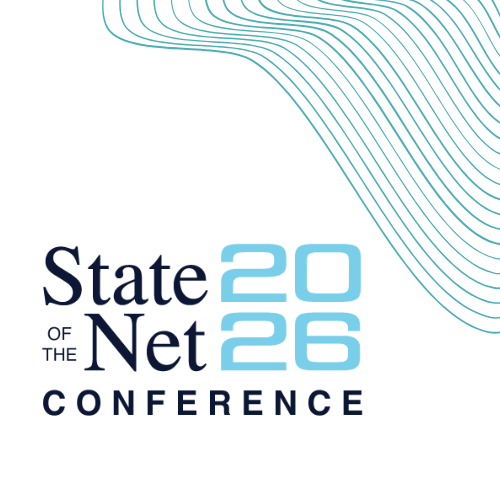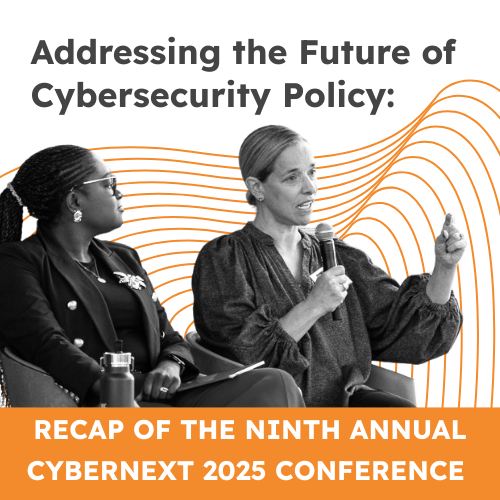Interview with John Logsdon, Founder and Director of GWU’s Space Policy Institute
Back To News

This month, as part of our inaugural Deep Thoughts Newsletter, we talked with noted space policy expert Dr. John M. Logsdon, the founder and long-time director of GW’s Space Policy Institute.
JL: Good morning.
ES: Good morning Dr. Logsdon, it’s Ellen Satterwhite from the Glen Echo Group.
JL: Yep. Right on Time.
ES: Hey, I try. If nothing else, punctuality makes up for all manner of sins. (muffled laughter) Well I really appreciate your time and I won’t take too much of it, and if you don’t mind I am recording just for veracity’s sake so then I will type up the answers, we’ll edit for clarity, I’ll send them back to you, if you don’t like them, great, the experiment was just a waste of time, but hopefully not too much time.
JL: No, I’m sure it’s fine, it just takes me a long time to type something coherent.
ES: Well, I also think, at a certain point in your career – I had someone tell me – at a certain point in your career it’s always nice to be the person that says, “excuse me, Ms. Satterwhite, there’s a call for you” or “excuse me, Ms. Satterwhite, can I send that e-mail for you?” Of course that’s not where you are. Well let me just dive in and we’ll get you on with your day. Okay, so, what does the next NASA administrator need to focus on?
JL: Well, establishing his or her – and I’ll say his or her because it’s not clear that it’ll be Mr. Bridenstine. Leadership in the organization. The organization has been without a leader – a confirmed leader – for now, what, fifteen months? Fourteen or fifteen months. And any individual that’s coming in, unless he’s well known to the organization, has to establish the fact that they’re in charge and ready to go.
ES: That’s great. So NASA and NOAA received their 20.7 billion and 1.85 billion respectively in the budget omnibus and I’m kind of looking at reporting that this is more than was expected and I think even more than the President had asked for, which was what looked like a hefty boost. So what does that mean for space policy? What does it mean for these organizations?
JL: Well I think that it demonstrates that the space program has broad and bipartisan support in the Congress. And that some of the changes that the Trump Administration has proposed are not acceptable to Congress – that earth observation programs will go on, that the cancellation of the next big astrophysics program, W First, is not acceptable to Congress, that the Congress recognizes that NOAA provides an essential function in managing the global climate and that that retains its importance. So I think it is an assertion by the Congress that there are two branches of the government involved in this, and that Congress has different views than the Administration.
ES: Great. Interesting. So I’ll skip over – I’m happy to skip over – the cube set space debris question, though I will say it keeps me up at night. Yea, I’m interested in your thoughts, either – you know – putting aside the FCC and its review, the general question of space debris and – you know there was a story yesterday about this Chinese satellite…
JL: Yea, the story was me. I was on CBS Evening News last night talking about it.
ES: Well so there you go. What did you – what else would you have said, what didn’t you get to say on the evening news?
JL: Well, there’s already a serious problem with space debris, and putting up thousands of Acme satellites in the same orbits can only make the problem worse.There is I think a need for some sort of international regime, maybe even an international traffic cop, to manage what goes on in Earth’s orbit.
ES: Mmhm, interesting. Okay, in your opinion is there a new vision for American space innovation and will it capture the imagination of America as it has done in the past? And what will it take us to get there? There are six questions in the question that I just asked so anything you want to answer – I think being the foremost historian on this you know our space imagination better than we do.
JL: Well, I mean, what’s different now is a lot of the imagination is coming from the private sector. Both what SpaceX and what Blue Origin are doing and proposing has excited a lot of people. Both of them, with Elon Musk’s million person city on Mars and Jeff Bezos talking about millions of people living and working in space, are exciting visions for the future that aren’t dependent on the government to at least get them started.
ES: So that leads to the question that was around our office – My colleague said: you have to ask him if he thinks that we’ll be a multi-planetary species as Mr. Bezos and Mr. Musk seem to think we will be.
JL: Well, first of all Bezos says that people are going to be working in space, not on planetary surfaces…
ES: Reasonable.
JL: ...so there a little different – the two of them are a little different. I’m in the middle of reading Chris – I just blanked on his last name – Davenport’s book called The Space Barons, and talks about Bezos and Musk. It depends on what you mean by multi-planetary species. Will some humans return to the moon? Will some humans establish research outposts on Mars? I think the probability is very high the answer is yes. Will there be thousands, or tens of thousands, or even millions of people living on other planets in any reasonable time frame? I’m very skeptical.
ES: Mmhm. Interesting. Well, now, The Space Barons is actually on my list, so I’ll just have to speed up my reading of it. But I so appreciate your time, Dr. Logsdon, and it was a pleasure for a newly emerging space junkie. I’m really excited to dive into these issues more, so I will revert back to you with a transcript of our conversation, and I appreciate your time.



.png)
